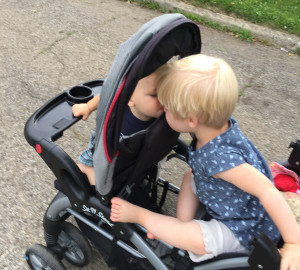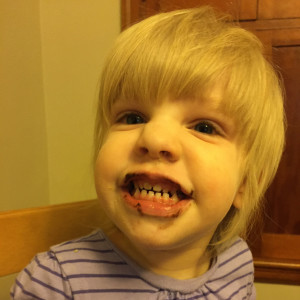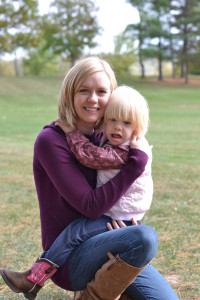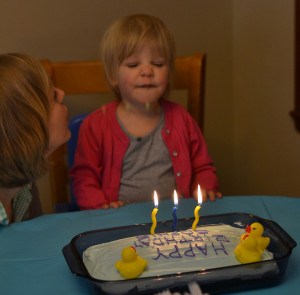 We all know by this point (I hope!) that talking is made difficult for children with apraxia of speech. But, there are many other things that are difficult for a child with Sophie’s speech disorder as well. I write this post to further educate Sophie’s People who know her and love her and want to understand her world. This post was prompted by my neighbors, who wanted to take a picture of Sophie and Micah. I found myself explaining how difficult smiling was for Sophie, and I thought, there are many other things besides speech that are made very difficult by apraxia. So, I thought another informative post might be in order. Here is a short list of other actions that are typically pretty easy for the average child that will be/are a struggle for Sophie:
We all know by this point (I hope!) that talking is made difficult for children with apraxia of speech. But, there are many other things that are difficult for a child with Sophie’s speech disorder as well. I write this post to further educate Sophie’s People who know her and love her and want to understand her world. This post was prompted by my neighbors, who wanted to take a picture of Sophie and Micah. I found myself explaining how difficult smiling was for Sophie, and I thought, there are many other things besides speech that are made very difficult by apraxia. So, I thought another informative post might be in order. Here is a short list of other actions that are typically pretty easy for the average child that will be/are a struggle for Sophie:
*Smiling — As I state above, smiling is difficult for Sophie when it is a planned action. Spontaneous smiles happen all the time, but she cannot easily intentionally plan a smile, as in when we are talking with a friend, or meeting a new person, or posing for the camera. Go ahead and make the long “eee” sound now as you sit there. Notice how it’s a smiling motion, your teeth are bared? This is a very challenging vowel for Sophie to plan, and it’s the same motion as smiling.
*Blowing — Sophie will turn four in February, and it is my secret hope that she will finally be able to blow out those birthday candles! Recently she has started trying to blow on her food through her mouth. (Before she always tried to blow on it with her nose, which is just gross.) So I’m hopeful that with practice we will be able to refine that skill into successful birthday candle blow out. Likewise, blowing bubbles this summer was pretty challenging. Bubbles don’t blow when you try to use your nose. (Again, kind of gross, though slightly less because there’s no snot going onto food.) For children with apraxia, often the long O sound and the ooo sound, those cheerio-mouth sounds, are tough. If you pause for a moment and blow, you’ll realize your mouth is in that shape.
*Giving Kisses — Sophie still kisses me with a slack, open mouth. It doesn’t bother me, though we are working  on not kissing with our teeth… That’s called biting, and it’s not nice. Sophie can’t pucker her lips, smack her lips, or blow raspberries (zorbits, depending on your contingency). These lip movements require a lot of planning and a lot of muscle control, which, with Sophie’s hypotonia, is also very difficult. Thankfully, she’s got a few years to perfect her skills in this arena.
on not kissing with our teeth… That’s called biting, and it’s not nice. Sophie can’t pucker her lips, smack her lips, or blow raspberries (zorbits, depending on your contingency). These lip movements require a lot of planning and a lot of muscle control, which, with Sophie’s hypotonia, is also very difficult. Thankfully, she’s got a few years to perfect her skills in this arena.
 *Licking — This may seem like an okay skill to lack. It falls into the category of kissing with your teeth — not nice. But, licking is an important skill, especially when there are beaters covered in chocolate batter to be considered, or food smeared all over your lips. Spontaneously, Sophie may stick out her tongue to lick her lips, but she isn’t able to intentionally do this with ease.
*Licking — This may seem like an okay skill to lack. It falls into the category of kissing with your teeth — not nice. But, licking is an important skill, especially when there are beaters covered in chocolate batter to be considered, or food smeared all over your lips. Spontaneously, Sophie may stick out her tongue to lick her lips, but she isn’t able to intentionally do this with ease.
*Refined fine motor movements — Often times, global apraxia (or dyspraxia) accompanies apraxia of speech. This is not something that Sophie has officially been diagnosed with, but we do see some coordination issues for her. In the same way that her brain cannot plan certain movements of her mouth (or it’s very difficult to do so), her brain has trouble planning certain body movements. We mostly see this in the use of her fingers. Sophie cannot hold up three fingers to tell you her age. She is now able to hold up one finger, and we are working on two. In addition, this makes signing letters and colors (which use letters) very difficult. Use of fork and spoon are also a challenge. These are skills that will come along with practice, but they are things that the average three and a half year old does not struggle with.
In addition to these simple [read, understand: complex] actions, we’ve found that emotions are really difficult for a child with apraxia of speech. One of the best ways to feel better when upset is to give vent to feelings, and one of the best ways to do this is through verbal expression. Sophie cannot verbally express her feelings. This leads to a lot of upset, even meltdowns (different than tantrums), because she becomes overwhelmed and struggles even to identify, let alone express, what she’s feeling. We give her grace and encourage her to remain calm whist trying to help her identify and express her feelings.
Again, I write these things to educate, not to make anyone feel sorry for Sophie. The very last thing that we need is pity. Seriously. To us, this is normal. To Sophie, this is normal. We SO appreciate support, but we certainly don’t need to be pitied. We will always support Sophie in the things that are difficult for her because of the added challenges that she has, even if these seem like easy things for the “typical” child. We always temper this with some tough love, recognizing that she needs challenges in order to grow. Don’t we all? Can we see these as opportunities for growth? Our family’s challenges have produced a richness, a depth, a caliber of faith unseen before. Totally worth it. Although Sophie has many challenges, she demonstrates perseverance that takes my breath away. She has overcome more in her short little life than many will overcome in their whole lifetime. I’m so proud of my girl.


